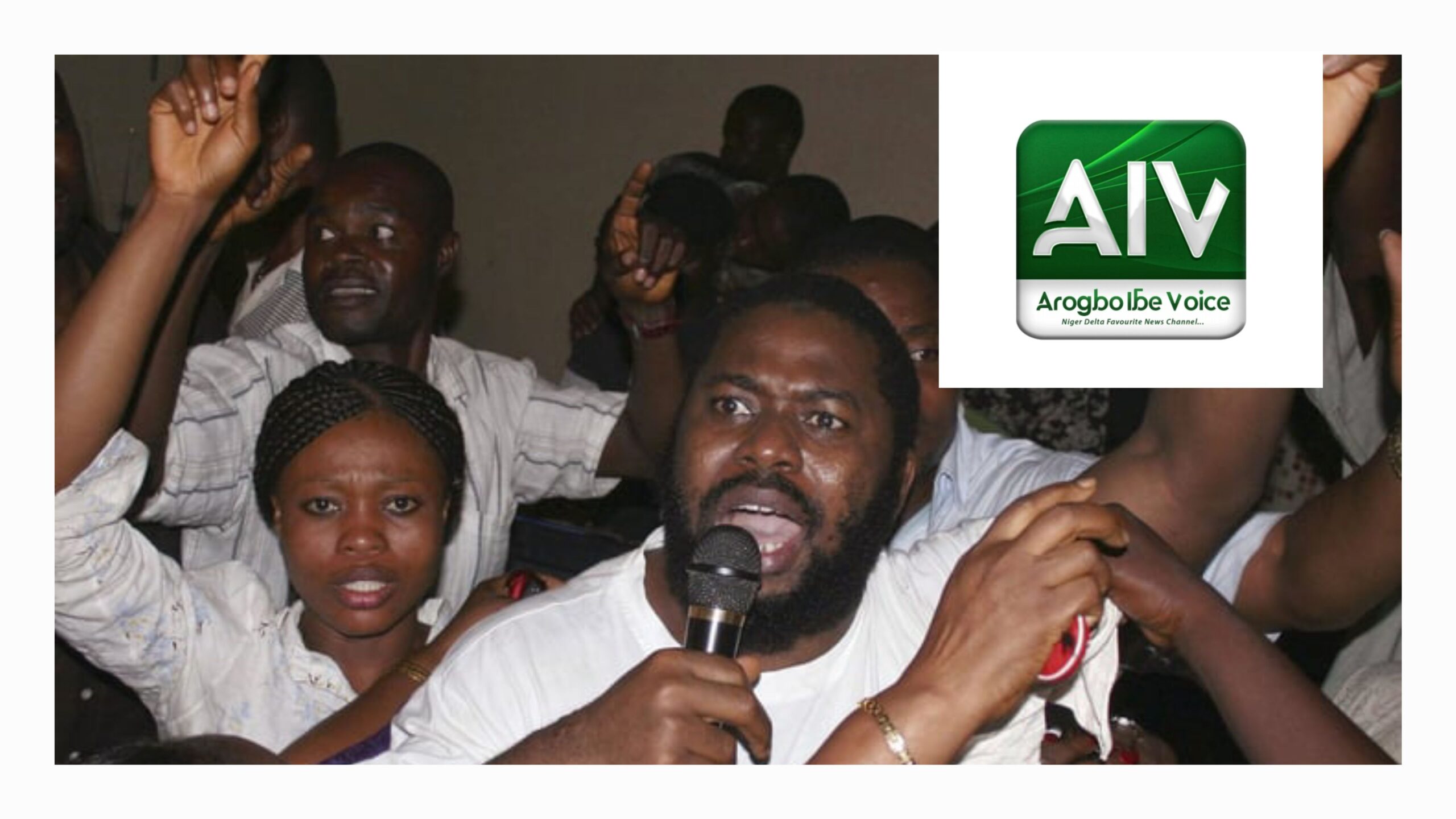Editorial: Arogbo-Ibe Voice Reporters – The Legacy of a Leader: Does Asari Dokubo Still Represent the People?
In examining the evolving role of Asari Dokubo in Nigerian politics, particularly in his interactions with citizen advocacy, it is crucial to ask: does he still stand as a voice for the voiceless? Asari Dokubo, once a fervent advocate for the rights and welfare of his people, has, in recent years, presented views and taken positions that some consider inconsistent with his earlier image. This editorial seeks to offer a balanced exploration of his influence today and asks whether he remains aligned with the ideals he once championed.
Asari Dokubo’s activism has always been marked by boldness. His influence is felt across many communities, particularly among the youth in the Niger Delta, where his views and actions have historically resonated deeply. This influence stems not only from his oratory but also from his positioning as a champion of the marginalized, someone who understands and speaks to the challenges faced by those left behind by mainstream governance.
However, as times have changed, so have the responses to his statements and actions. Recent pronouncements perceived as unsympathetic toward peaceful protesters have raised questions about his commitment to the principles of free speech and democratic engagement. At a time when citizens are grappling with widespread economic hardships and calling for transparent governance, his opposition to public dissent has drawn criticism.
It is fair to consider that every individual’s stance can evolve with shifting political and social landscapes. Dokubo’s current alignment, however, has led some to wonder if his positions are now shaped by interests that diverge from the public good. When an influential figure speaks against peaceful protest, it may create confusion among those who once looked to him for inspiration and advocacy.
On the other hand, one might argue that Dokubo’s views are based on a desire for stability and order, viewing disruptive protests as potentially harmful to society. His critics, however, contend that genuine leadership requires a clear alignment with the people’s struggles and a commitment to addressing their needs.
The reality remains that the true “voice of the voiceless” must support citizens’ rights to peaceful protest and expressions of discontent, even if they challenge the status quo. Leaders who hold themselves as representatives of the people should empathize with their challenges, showing a dedication to accountability, transparency, and democratic values.
As Nigerians continue to push for better governance, the role of advocates like Asari Dokubo becomes increasingly vital. Yet, it is crucial for such advocates to align their words and actions with the principles of fairness, justice, and empathy for those they represent. In these times of rising citizen advocacy, the nation needs voices that empower and uplift rather than divide or suppress.
In conclusion, Asari Dokubo’s legacy as a voice for the voiceless stands at a crossroads. The question of whether he will continue to embody the ideals he once stood for remains open and largely depends on his willingness to reconnect with the aspirations of those he represents. Only time will reveal whether he will once again be seen as an ally of the people or as a voice that has diverged from their cause.

